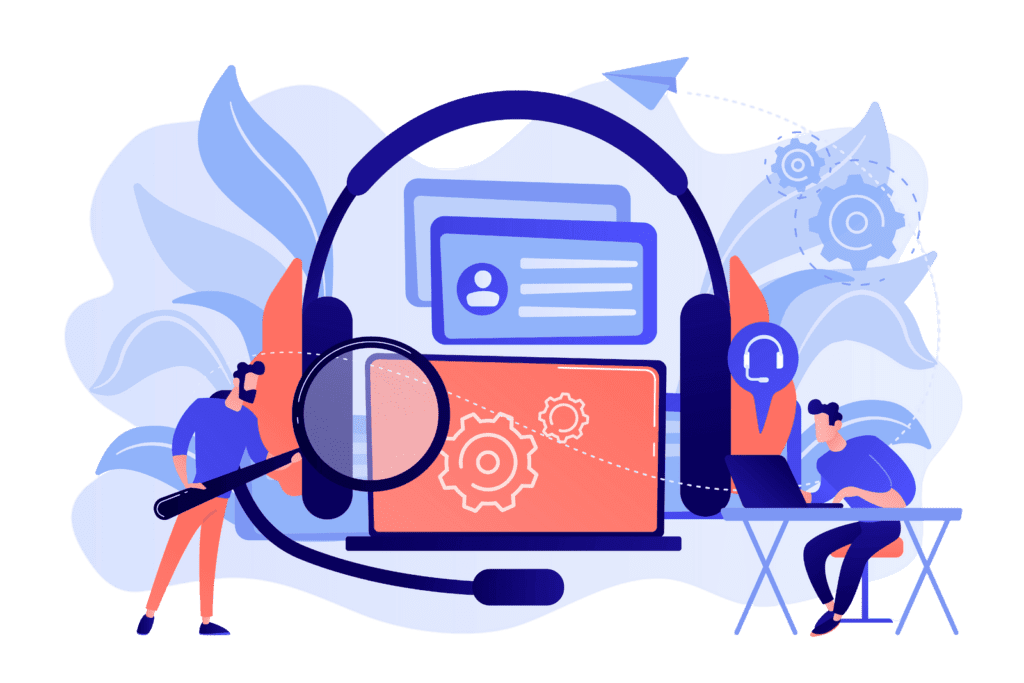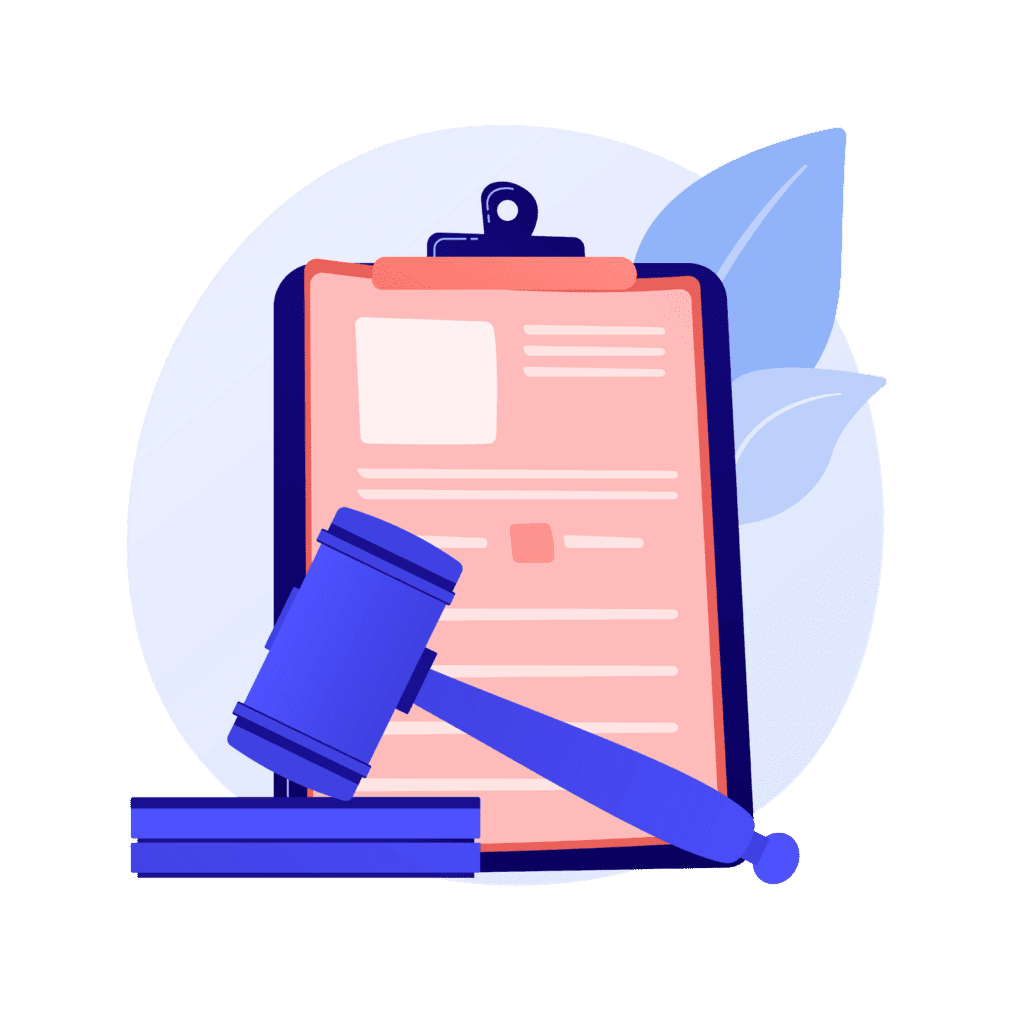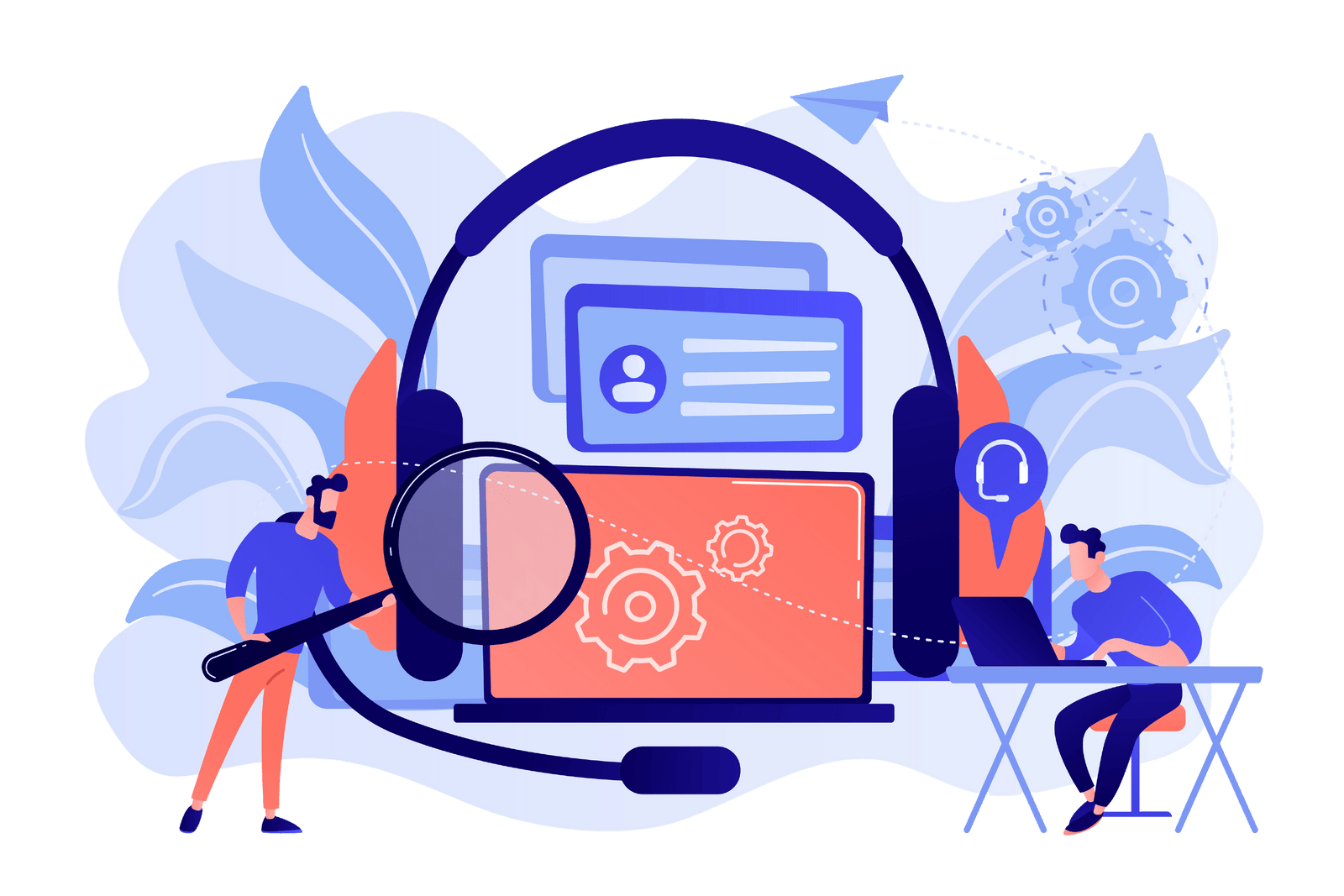Although at first glance a simple Google search may seem to indicate that B2B cold calling in Germany is prohibited, the reality is quite different!
In this article, we will explain all the things you need to know to prospect in Europe’s largest economy while respecting the norms on user privacy. (GDPR)
The laws on B2B prospecting in Germany
Before getting into the nitty-gritty of the subject, it is important to understand the laws in Germany regarding user security and privacy. As mentioned above, B2B cold calling in Germany is not illegal or forbidden but some parameters must be respected.
So what are the laws involved when it comes to cold calling? Well, they are the DSGVO (Datenschutz-Grundverordnung), which corresponds to the GDPR (General Data Protection Regulation) of the European Union, as well as the UWG (Gesetz gegen den unlauteren Wettbewerb), which corresponds to the German law on unfair competition.

What is the DSGVO and the UWG?
What are these laws for? What do they state?
The DSGVO, or GDPR in English, aims to strengthen the rights of European Union citizens with respect to their personal data, especially on the Internet. As far as cold calling is concerned, the GDPR focuses more on the processing of data than on the contact between the company and the customer. The regulation therefore applies to the entire company and the way in which customer data is stored.
The UWG is a law that applies specifically to German-speaking markets and regulates how personal data can be sold and used. It therefore tells prospectors in German-speaking countries how they are allowed to contact companies.

Thus, according to Article 7 of the UWG, the prior consent of the recipient of the call must be obtained before prospecting. Nevertheless, there is the term “presumed consent” which allows for some leeway. Indeed, as explained in Article 7:
“Unjustifiable nuisance is always presumed
- In the case of advertising by telephone call to a consumer without his prior express consent or to another market participant without his at least presumed consent,
- in the case of advertising by means of an automatic calling machine, fax or electronic mail, without the prior express consent of the recipient”.
But then, what is presumed consent?
With this term, the UWG legislation ensures that prospectors only contact companies that are relevant to their services and can actually benefit from them. This means that the company must have a legitimate interest in contacting the customer. This will help to sort out and prevent companies from receiving spam offers. Thus, it will be possible to “assume” the consent of the person, assuming that their product will benefit their company.
If presumed consent does not prevail, i.e. if the legitimate interests of the company do not prevail and there is no consent from the person concerned, then B2B prospecting may be prohibited as spam.
Consideration should be given to the following:
- Source of contact information: the data used for prospecting may be used if and only if the person concerned has provided it to the company or if it is publicly available with his/her knowledge and consent.
- Possibility of refusal: the person is entitled to refuse to be contacted by objecting, which includes that any further contact is strictly forbidden.
- Right of access to information: the person concerned can receive the complete information registered on him/her if he/she requests it.
- Access to the caller’s number: the person being contacted must be able to identify the caller, and it is therefore forbidden to suppress the identification of the calling line or the e-mail address.
To summarize, the distinction between the UWG and the DSGVO is that the DSGVO concerns the processing and collection of personal data, while the UWG concerns the process of contacting a person, whether by e-mail or telephone.

B2B cold calling in Germany
But now that we have seen what the DSGVO and the UWG are, what about B2B cold calling in Germany?
The DSGVO does not really come into play when it comes to B2B cold calling, it is mainly the UWG that has to be taken into account for B2B cold calling. As explained above, here the terms of presumed consent apply.
Thus, the company must have a legitimate interest for its business to contact the person, that it is relevant for both parties. The called customer must be able to see an opportunity in this call and not a spam, his consent to receive the call will be presumed.
For example, it would be considered illegal for a tractor salesman to contact an orthodontic practice. However, a company that sells computers could legally call an agency that specializes in computers because it could be beneficial to both parties.
To be on the safe side, you can check if any of the following reasons for appeal apply to you:

- Your company’s products are relevant to the caller’s industry. Example: Sales of tractors to farmers.
- Your company’s products and/or services are relevant to the caller’s business at a given time, whether regular or one-time. Example: When you sell your tax advisor services for year-end financial statements.
- Your products/services are relevant to one or more people in a particular sector of the company. Example: selling computer software to a company’s developers.
- Your products are relevant to a company because of an event. Example: selling decorations for the company’s Christmas party.
With all this information, you can be sure to cold call your B2B prospects legally.
To summarize
In Germany, with regard to B2B cold calling, the UWG states that the legitimate interests of a company can legally justify that advertising calls are allowed even without the direct consent of the data subject, thanks to presumed consent.
Want to find new leads and close new customers in Germany but are not sure how to do it? We are here for you!


